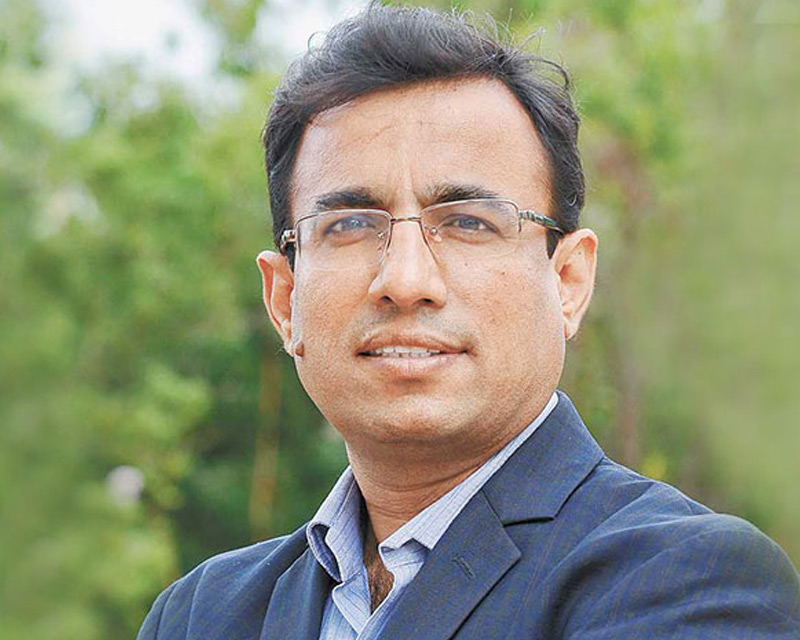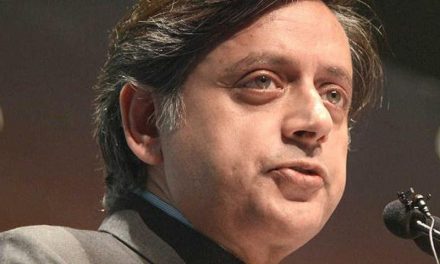Systech is facing its moment of truth. a situation where your most loyal customer chooses not to invite you for a large bid, and tells you the facts in clinical language can be quite disheartening for any company.
Reality has a way of forcing itself upon you if you choose to ignore it — as the Systech team has discovered.
The success of IT in India was not exactly serendipity, but one cannot ignore the fact that it was a fortuitous combination of circumstances, which led to the rapid growth and success of export services in IT from india.
We saw a phase of huge global demand in the past two decades; had a currency arbitrage which was in our favour; and the government stepped in with its tax exemptions and stayed away from trying to regulate the heady growth. The talent pool of hard-working engineering graduates willing to work at salaries, which were a fraction of global salaries was readily available to fulfill this demand. A set of visionary leaders and managers in the industry spotted the opportunity very early, and built their companies and businesses in the most impressive fashion. A great business model was born which drove the growth till now.
We are now entering a different set of circumstances, and while Kalpesh may not be completely right when he says that “The business model is not holding up”, it is clear that what got us here in past 10 years won’t get us there in the next decade. It will be a long time, if ever, before the global demand goes back to what it was a few year back. The tax regime is set to change. Our costs are not what they were, and all the global vendors have figured out how to play the cost arbitrage game as well. The set of circumstances have changed, for the worse, and the business model, the business practices, the strategy and the tactics, all need to change.
It is interesting to see that most people think of the success of Indian IT as the success of technical abilities. The business of technology is first a business and then technology. What succeeded was the business model not the technology. Technology was only an enabler, and it was the people involved who made it work.
Any business, be it technology, manufacturing, finance, films or construction, is an interplay of human energy and money. A lot of rules differ from business to business, but some things are basic, and they are common to all.
However, now that the rules of the game are changing, IT companies will need to create new business models and target new markets because traditional markets and traditional business models are facing diminishing returns.
In the new environment, there are no props or crutches, and the ability to staff a team with large number of people and manage them is no longer a guarantee of success.
The history of IT industry globally is replete with examples of companies, which disappeared because they could not change their strategic direction, became too complacent, or were in denial of the reality. IBM survived and thrived only when it shifted its focus to services in the 1990s.
Other companies who were in mainframe businesses were wiped away or got acquired as mainframes gave way to PCs. Companies such as Novell which were leaders in networking, or like Baan which were leaders in ERP, or Compaq which were leaders in PCs have either disappeared or are pale shadows of themselves today.
Back home, all the companies who were leaders in IT in the 1970s and 80s like DCM, ICIM, and ORG could not change their direction and were not able to leverage the new set of opportunities which were created globally.
In both domestic and global business, those who saw the change, understood it and dealt with it, survived and thrived. Rest is history.
The question to answer for Systech is not if it should get into hardware or not get into hardware, or in other related services like BPO. The question is what it will do when the world around it changes completely, as it surely will, sooner rather than later.
There will soon be a time when they will not have tax exemptions, when the dollar will no longer be Rs 47, when US companies will no longer have the same chunk of business at rates, which are attractive to customers, but are still highly profitable for Systech.
Creating a business model to achieve profitable growth in changed circumstances requires a different set of capabilities. What Systech needs to figure out, without being in denial, is where exactly does it want to be, what is the road it wants to take, and what does it take to create those capabilities and then has to execute it with rigour. It is easier said than done, and the first step is to accept that the world has changed.
It has the option of hoping that the world does not change and its current set of capabilities continue to deliver, like many of its peers.
Hope unfortunately cannot be a strategy.










